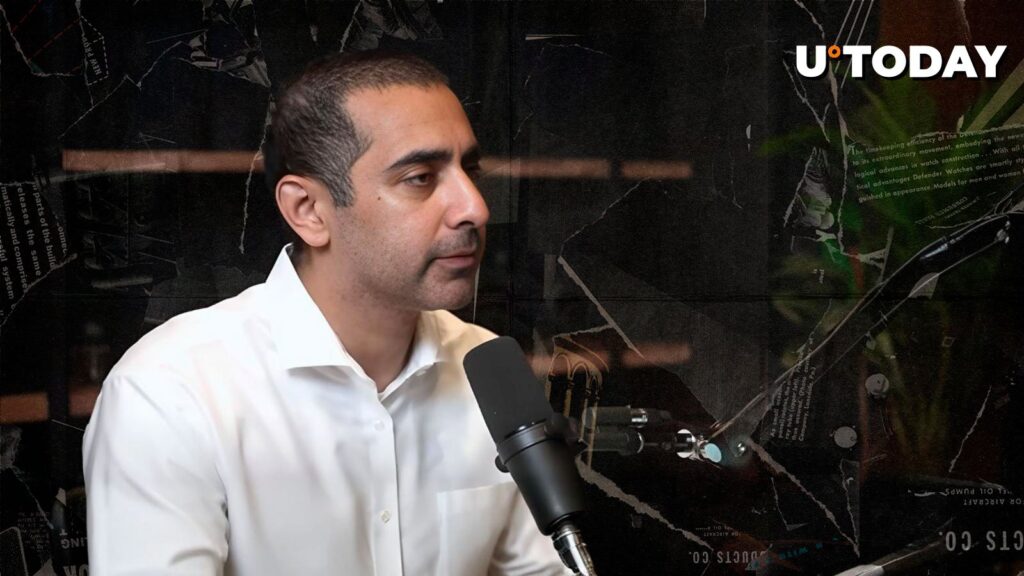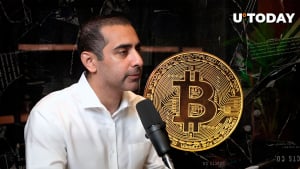Famed tech visionary Balaji Srinivasan, former general partner at Andreessen Horowitz and CTO of Coinbase, explains why politicians are wrong about the Internet, which has become a global realm of collaboration and competition simultaneously.
China and crypto: what do they have in common?
No political movement – whether socialist or nationalist – has succeeded in developing an appropriate framework for managing the Internet since all of its ideas emerged in a different technological context. Silicon Valley legend Balaji Srinivasan believes that modern ideologies have been getting it “in line” wrong since they emerged in the days when there was land, but no clouds.
Meanwhile, the Internet has already established social bonds more powerful than ideologies and even nation-states. Digital social networks represent designs of human interaction more influential than those limited by state boundaries.
As such, only China and cryptocurrencies represent classic examples of the correct perception of the impact and opportunities of the Internet:
There are, however, two factions that take the internet seriously: China and crypto. Because they have the Great Firewall and Blockchain respectively. These are very different types of fortifications, both of which treat the digital realm as something to be defended, walled off, and protected.
The two represent different approaches to exploiting this knowledge. China, with its firewall, aims for vertical integration of digital society by forcing its citizens to use only Chinese applications and restricting access to global websites.
In contrast, the cryptocurrency segment aims to make software so secure that it can run openly, on every computer in the world.
Thus, for Balaji Srinivasan, China represents nationalist socialism, while crypto represents international capitalism.
Blockchain Growing Faster Than Internet, Data Shows
As previously reported by U.Today, Srinivasan claimed that Bitcoin (BTC) and AI have already entered the vertical phases of their adoption curves.
To illustrate this point of view, he shared graphs of performance results from OpenAI’s large language models and the net assets under management of ETFs on Spot Bitcoin in the United States.
Commenting on his article, former Phunware CEO Alan Knitowski also noted that Bitcoin (BTC) could grow faster than the Internet in terms of mass adoption trajectory.
According to his estimates, we are somewhere in 1999 in terms of the level of global adoption of Bitcoin (BTC) as a technology and asset.





